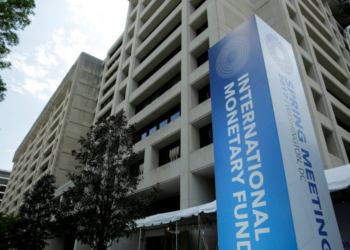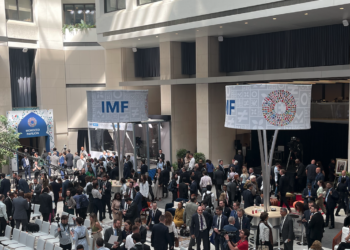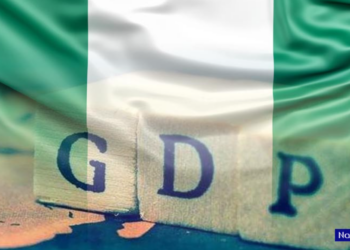The Managing Director of the International Monetary Fund (IMF), Kristalina Georgieva has announced that the Fund would provide $500 million in grant-based debt service relief to 25 countries.
The 25 beneficiaries include Afghanistan, Benin, Burkina Faso, Central African Republic, Chad, Comoros, Congo, D.R., The Gambia, Guinea, Guinea-Bissau, Haiti, Liberia, Madagascar, Malawi, Mali, Mozambique, Nepal, Niger, Rwanda, São Tomé and Príncipe, Sierra Leone, Solomon Islands, Tajikistan, Togo and Yemen.
“Today, I am pleased to say that our executive board approved immediate debt service relief to 25 of the IMF’s member countries under the IMF’s revamped Catastrophe Containment and Relief Trust (CCRT) as part of the Fund’s response to help address the impact of the COVID-19 pandemic,” said IMF’s Managing Director, Kristalina Georgieva.
(READ ALSO: Oil firms’ debt status: How it affects Nigerian banks)
According to Georgieva, the relief was provided to the poorest and most vulnerable members to cover their IMF debt obligations for an initial phase over the next six months. She noted that the fund would help them channel more of their scarce financial resources towards vital emergency medical and other relief efforts.
Countries granted immediate debt service relief over an initial 6-month period on their IMF obligations can now channel more financial resources towards vital #COVID19 emergency medical and other relief efforts. https://t.co/CHMbs5qCCs
— IMF (@IMFNews) April 13, 2020
[READ MORE: Nigeria’s foreign debt has breached a 15-year trigger)
She went on to urge donors to help the Fund replenish the Trust’s resources and boost its ability to provide additional debt service relief for full two years to IMF’s poorest member countries.

Recall that the IMF had disclosed the United Kingdom’s recent pledge of US$185 million as well as the US$100 million provided by Japan as part of the CCRT.
Nigeria’s exclusion from the list has become a topic of discussion in the media space, as many are already worried about the country’s debt portfolio and the unwillingness of international organisation to provide relief at this time of the Coronavirus pandemic.
What you should know: Nigeria was never part of the countries indebted to IMF. Contrary to the news going viral, Nigeria’s exclusion from the list should have never been debated as the West African country is not owing the Fund.

It is pertinent to note that the novel Coronavirus is shutting down economies on a global scale, thereby sending different countries into emergency distress. It is in this light this that the IMF is relieving them of their debts in order to help sustain and complement their efforts at reviving their economies.
The debt relief will help countries move towards achieving the UN Millennium Development Goals, which aim at halving poverty by 2015. Debt in developing countries is singled out as a principal cause of poverty, causing human suffering and misery as well as hampering economic development.





















I am not sure of what I read. Nigeria is not indepted to IMF? Please throw more light.
In fact, Nigeria has a $3.4 billion contribution with the IMF at the moment. Ahmed, Finance Minister, two weeks ago said the nation has filed with the Fund to access the entire $3.4 billion. Therefore, it makes no sense for the IMF to grant Nigeria debt relief when she is not owing debt.
Like Nigeria down owe any debt at all to the IMF?I need some clarity please
Yes Nigeria is not indebted to IMF meaning Nigeria is not as poor as some people and press report everybody thank you Mr President
I’m not also very sure of what i read as y relates to the topic.
Really off course Nigerians are really suffering despite the bulk amount of debt, but the country’s economy is downfalling with abundance of poverty. If the issue of debt in Nigeria is attached with transparent duties, I believe most of Nigerians would not be suffering from abject poverty. We see no impact of the ongoing episodes of debt in Nigeria toward economic development.